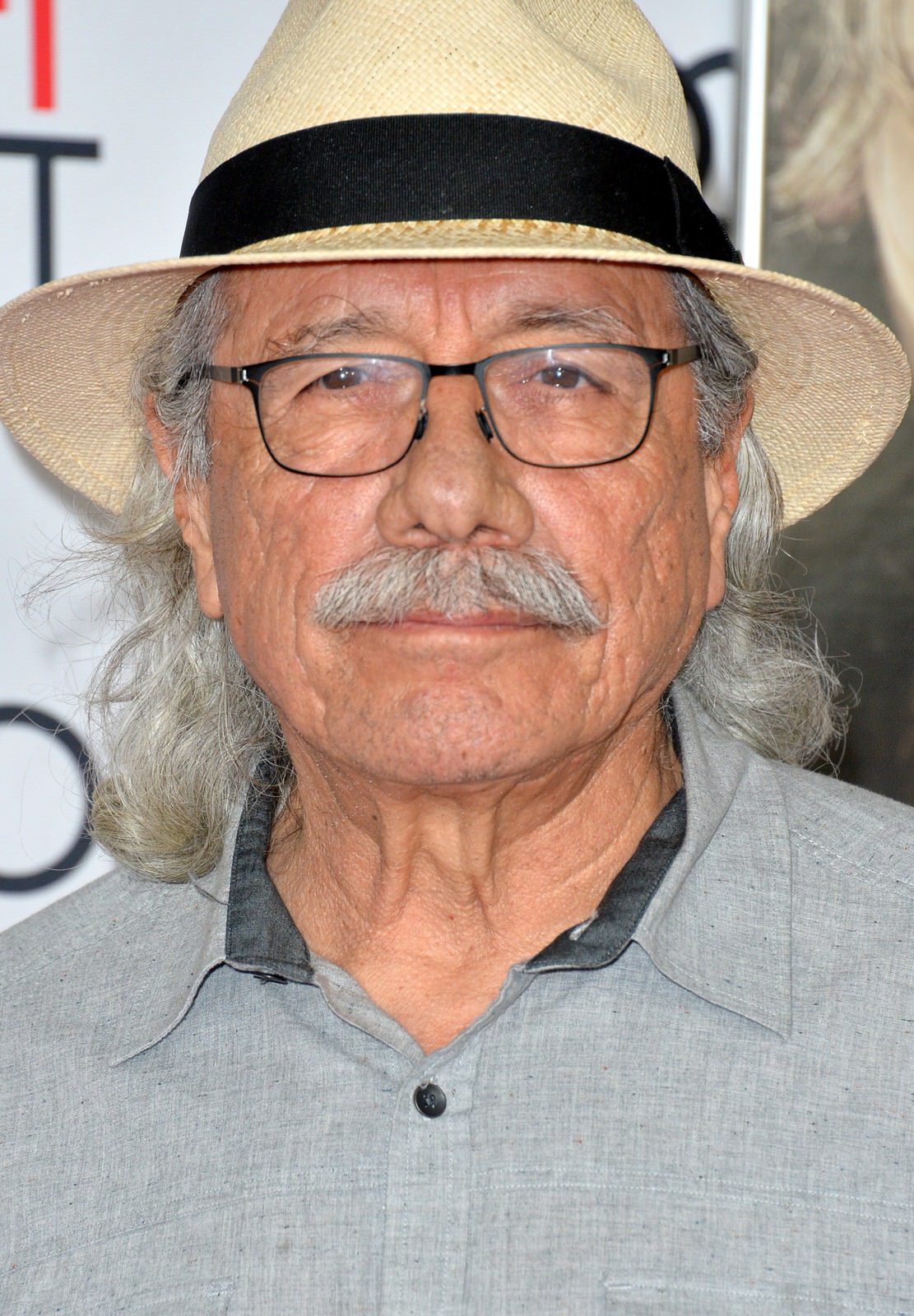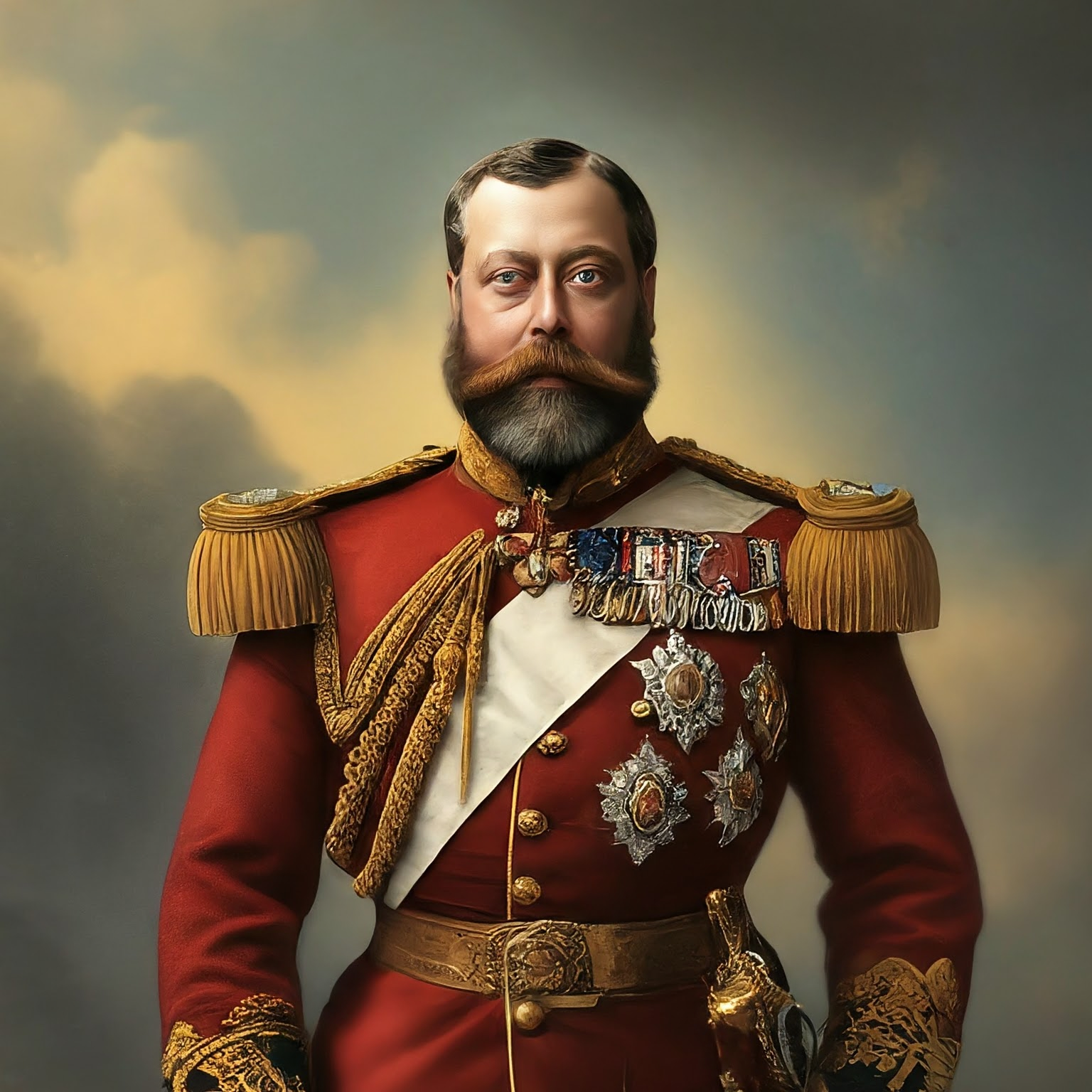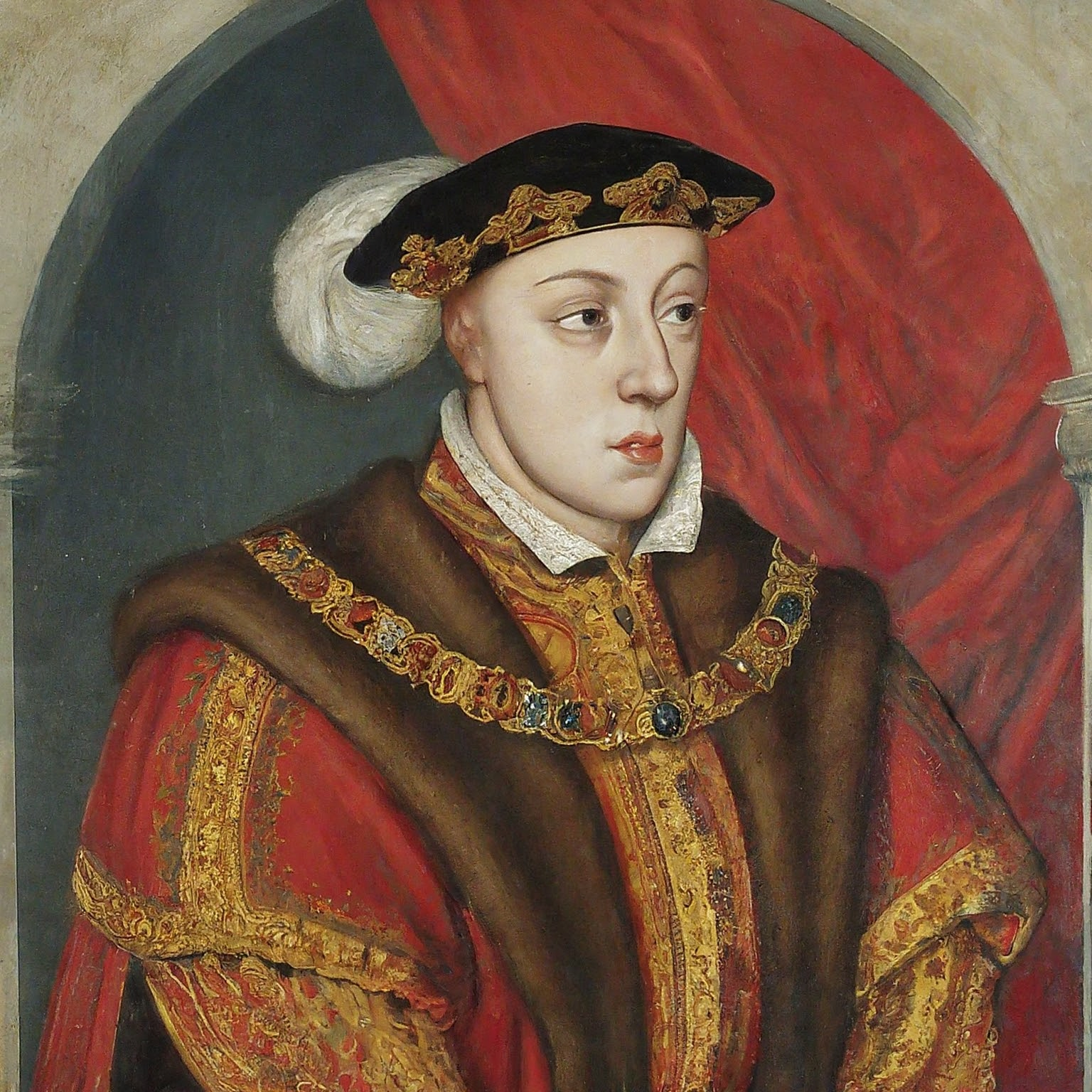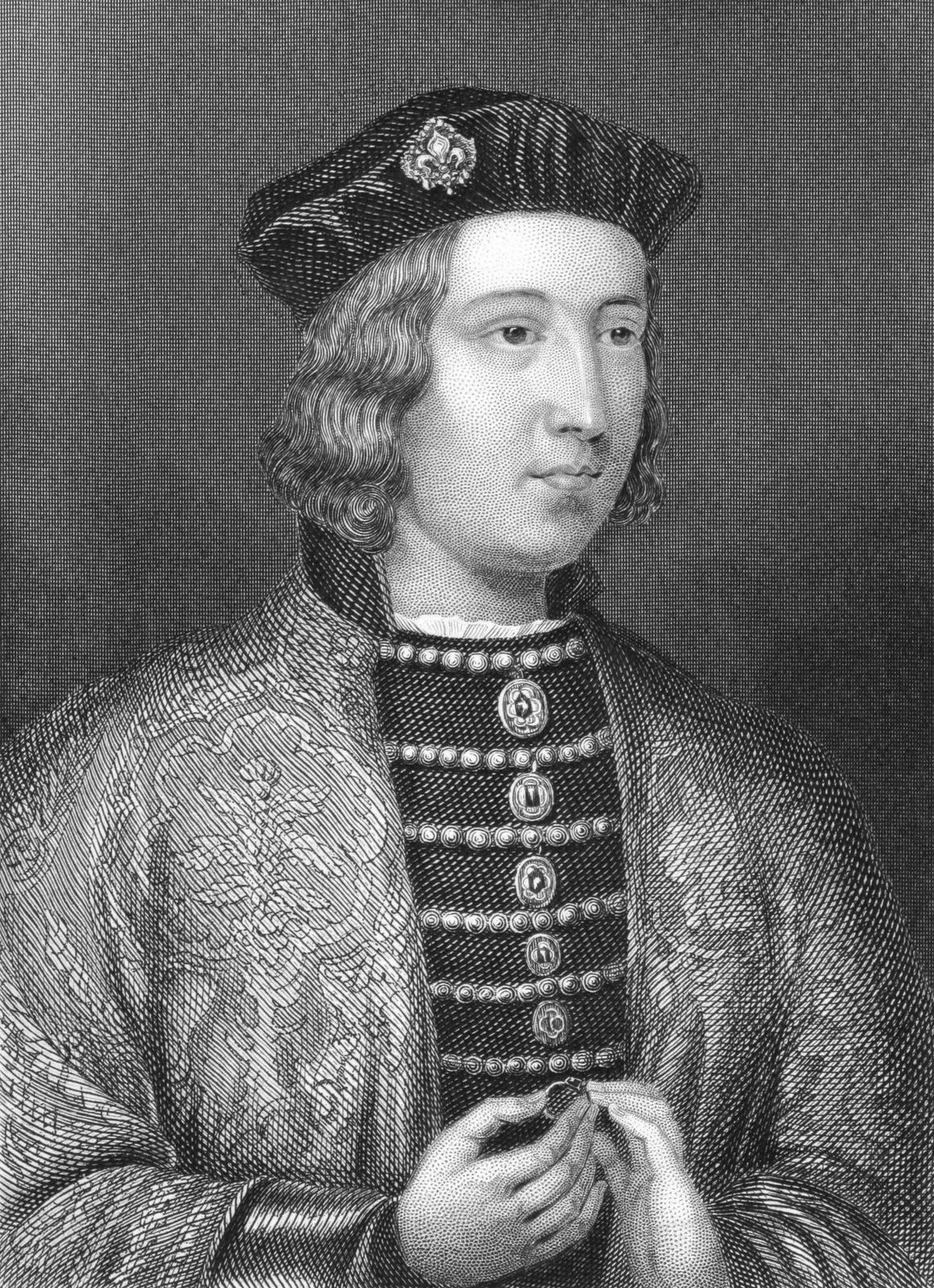Edward Arnold
Edward Arnold was a prolific and popular character actor known for his roles in western films.
Movie Actor | Soundtrack
February 18, 1890
April 26, 1956
66
Edward Arnold, an American actor with a commanding and authoritative screen presence, had an extensive career spanning several decades. He starred in numerous notable films, including “Mr. Smith Goes to Washington,” “You Can’t Take It with You,” “Meet John Doe,” “The Devil and Daniel Webster,” “They Died with Their Boots On,” and “The Toast of New York.” Arnold was also a distinguished stage actor, appearing in various Broadway productions and receiving critical acclaim for his performance in “The Patriot.” He was nominated for an Academy Award for Best Supporting Actor for his role in “Come and Get It.”
Born Gunther Edward Arnold Schneider, he changed his name to Edward Arnold upon becoming an actor. His father was German, and his mother was of Italian and Irish descent. Growing up in a bilingual household, Arnold was fluent in both English and German. He began his career on stage before transitioning to film, where he became a renowned character actor, recognized for his distinct voice and striking screen presence.
Arnold was an avid collector of antique furniture and art, owning a vast collection of valuable pieces from the 17th and 18th centuries. He was also an art patron, supporting young artists and serving as a board member of the Art Students League of New York for many years. He donated funds for scholarships and exhibitions.
Edward Arnold appeared in over 150 films and served as President of The Screen Actors Guild shortly before his death in 1956. He made his first stage appearance at the age of 12 and had significant roles in several Broadway plays in the 1920s and 1930s. His son, Edward Arnold Jr., followed in his footsteps, becoming an actor known for his roles in films such as “Blazing Barriers” and “Million Dollar Legs.” Interestingly, Edward Arnold was a prolific and popular character actor in numerous westerns for Essanay Studio in the early 1900s.












